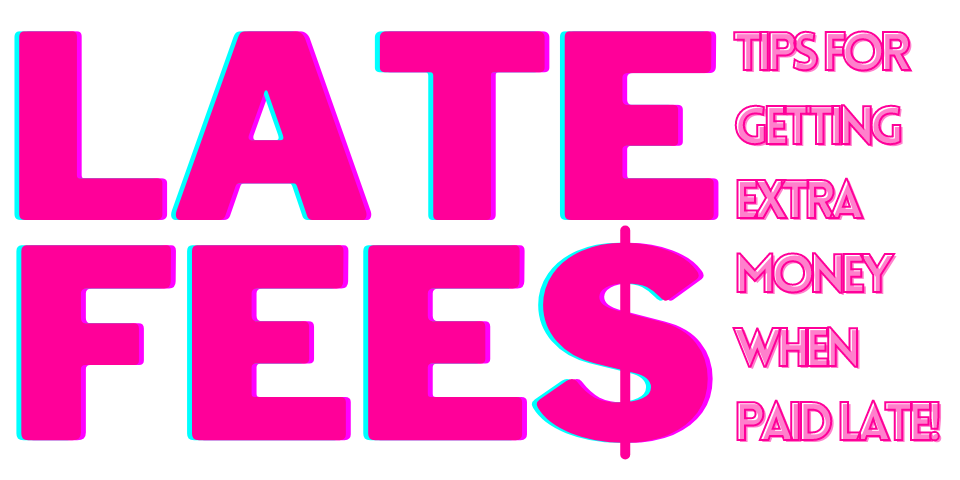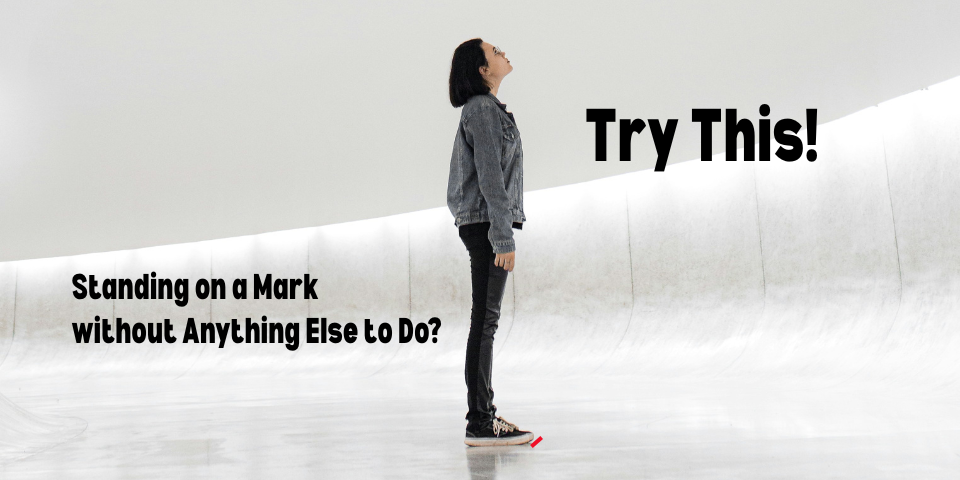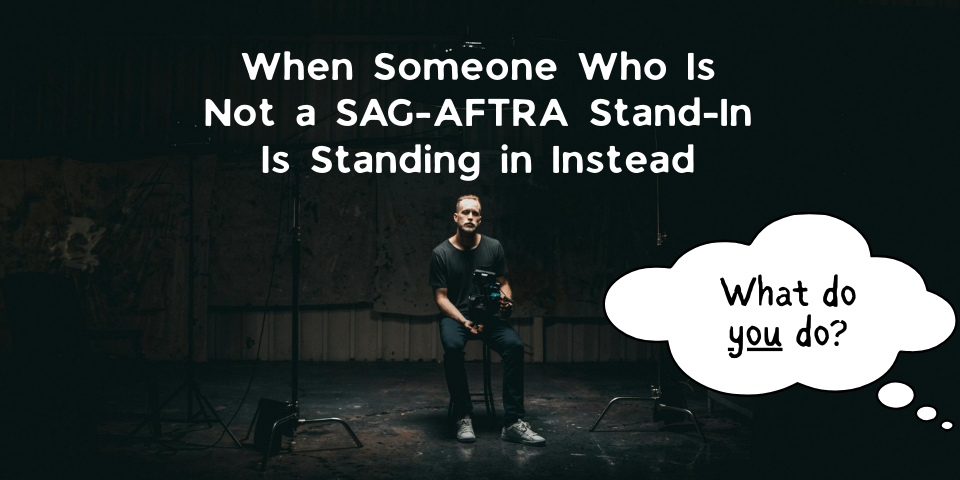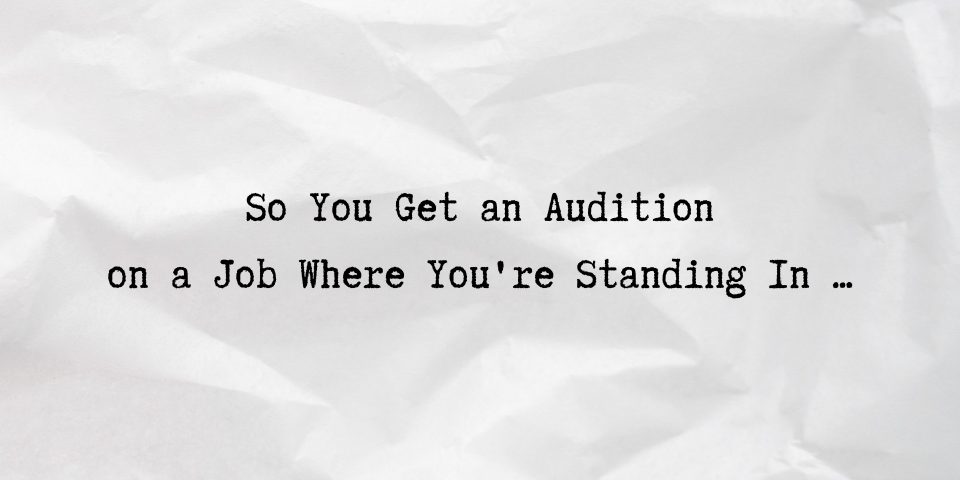Happy New Year! You might be in search of a few good New Year’s Resolutions.
Now might be a good time to re-evaluate your stand-in work!
If you’re interested in continuing your work on TV and film sets standing in for actors, there may be some things you do as a stand-in that are great.
Then again, there may be things that you could be better at doing.
Even still, there may be stand-in “superpowers” you might be able to unleash to really up your value to production as a stand-in (and maybe secure more stand-in work for yourself!).
So in starting the new year, think back to what you’ve accomplished as a stand-in, and how you might still get better. We’ll help you out in this post.
Next-Level Questions for Stand-Ins
No one can read another person’s mind, but you can get better at accurately predicting another person’s thoughts and actions.
Ask yourself a few of these “next-level” questions about your stand-in work, and see what answers you give yourself:
- When I’m working on a set, how much am I able to anticipate when I am needed to stand in?
- How quickly do I arrive on set when second team is called?
- How accurate am I at being able to predict when I am needed on set, and when I am not needed?
These questions go to your abilities to be on set when you are needed, and be away from set when you are not needed. Granted, no person can read every crew member’s mind or know when an actor will suddenly leave set, but many stand-ins suffer from an inability to know when they will be needed, finding a fast way to get to set when called, or step away from set at perhaps the worst times for themselves and their stand-in work.
So, ask yourself these questions, and see what you might be able to do to up your professional game as a stand-in. Here are some related questions to those just above:
- How can I better anticipate when I am needed or not needed to stand in on set?
- How can I figure out the quickest way(s) to get to set when I am called?
- How can I better predict when I am needed or not needed on set?
Skill Questions for Stand-Ins
A different set of questions goes to the actual skills of standing in. Ask yourself these questions and see how you answer:
- How detailed is my understanding of what my actor does in marking rehearsal and during various takes?
- How much am I able to anticipate what the director of photography or camera crew need from me when setting up a shot?
- How focused am I when I am standing in, and how successful am I in knowing when it is okay not to focus?
- How good am I at nailing marks?
- How good am I at following directions from the crew?
- How successful are the second-team rehearsals I do by myself, and how are they different from second-team rehearsals with other stand-ins who have blocking in the scene?
These questions are kind of like asking a hammer if it can actually hammer a nail when I swing it hard. Can the stand-in actually function as a good stand-in, or should I buy a new hammer?
One surprising thing about stand-in work is that it’s not simply standing on a mark and tuning out. Working as a stand-in for an actor involves listening for directions and recreating the movements and actions of an actor. On some jobs that can require a lot of knowledge of what an actor did and a lot of precision in recreating those actions.
More professional stand-ins tend to have a lot of insight into what their actors do in marking rehearsal and various takes, while less professional stand-ins don’t seem to see or understand the importance of all of the actions of their actors, and may only “see” their actors standing on marks. So, you can become more professional as a stand-in by asking the above skill questions, as well as some of the others just below:
- What can I do during marking rehearsal to have more information about my actor’s actions in the scene?
- How can I confidently answer questions from the DP or camera crew about what my actor did in marking rehearsal or various takes?
- What things can I do when I am standing in on set that can improve my focus when I get distracted?
- How can I hit my marks more accurately, more often?
- What can I do in order to better follow directions from the crew?
- What can I do to improve my second-team rehearsals, both by myself and with other stand-ins?
Final Thoughts
There are lots of other questions about your work as a TV or film stand-in you could ask yourself this New Year’s Day. What might they be?
While asking these sorts of questions is half the battle, answering them, then making the changes in your work, are where you really start to improve your abilities as a professional stand-in. And when you work at a higher level as a stand-in than others, crew members do take note.
While it might not mean a stand-in job the next day or on the next show, it could mean that years down the road you’re remembered positively, respected, and get that job.
How did these questions affect you as you evaluated your professionalism as a stand-in? What other questions would you recommend asking yourself in order to up your stand-in game? Post your comments below!







Leave A Comment